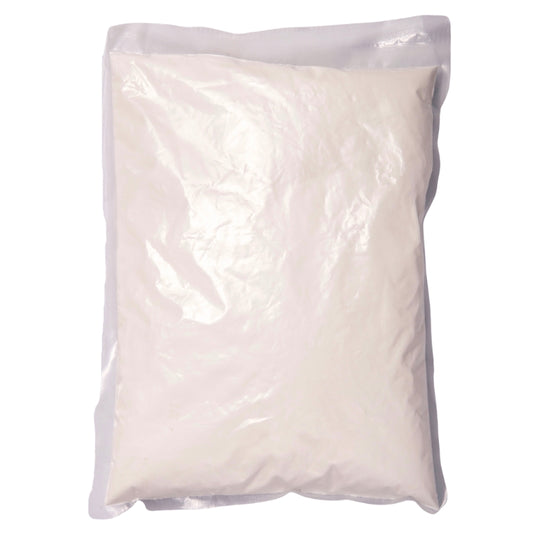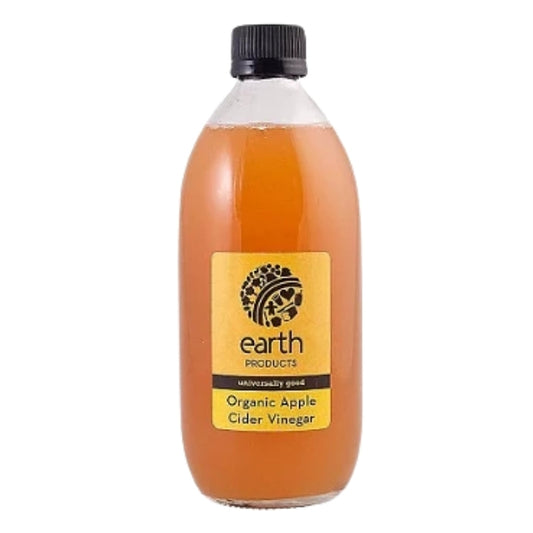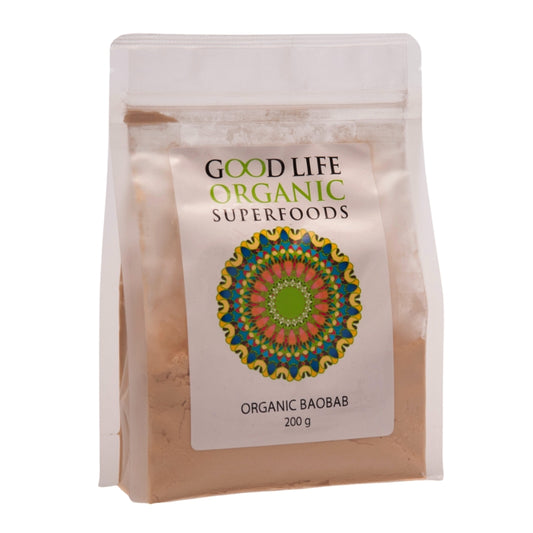
Putting Candida Back in its Place
Juliette van der MeerCandida is a naturally occurring yeast both inside and outside our bodies. The problems occur when the delicate balance of fungus and bacteria is disrupted and the fungus begins to dominate. This is most commonly caused by the use of antibiotics or when the immune system is compromised. While the symptoms may affect the throat, skin and vagina, the imbalance usually occurs in the gut.
There is good news for sufferers in the form of essential oil and other natural treatments that will not harm the body's inner ecology. Even better news in the world of super bugs, is that yeast does not develop a resistance to herbs and their oils!
Essential Oil Remedies for Candida
Lemongrass
Lemongrass essential oil has antioxidant, antidiarrheal, antifungal, and antibacterial properties. Most importantly, it is able to break up the biofilm that protects Candida and promotes general gut health.
How to use:
- Orally - Add 2 drops of Lemongrass oil to 1 teaspoon of Coconut oil. Topically, add 15-30 drops of Lemongrass essential oil to 2 tablespoons coconut oil and apply to the infected area.
- For vaginal yeast infection, add 10-15 drops of Lemongrass oil to 2 tablespoons of Coconut oil. Apply this oil mixture to a tampon and leave overnight.
Tea Tree Oil
Tea Tree essential oil can help to fight all three categories of infectious organisms: bacteria, fungi, and viruses.
How to use:
- For oral infections, gargle with a mixture of cooled boiled water with a teaspoon of salt and 2 drops Tea Tree essential oil. (Warning: this tastes awful, and be careful not to swallow!)
- For vaginal infections, use 3-4 drops to a cup of cooled boiled water in a douche or rub coconut oil over a tampon and apply 3-4 drops Tea Tree oil then insert and leave overnight.
Candida Food Fighters
I firmly believe that coconut oil should be a staple in everyone's pantry. If you want to lose weight, improve vitality, have great skin and hair and, yes …fight candida then coconut oil is your new best friend.
Coconut oil has unique medium chain fatty acids that disrupt and kill candida yeast: Caprylic acid, Capric acid, Caproic acid and Lauric acid. Given that many over the counter antifungal drugs are becoming antimicrobial resistant, research is being conducted into the use of coconut oil.



















